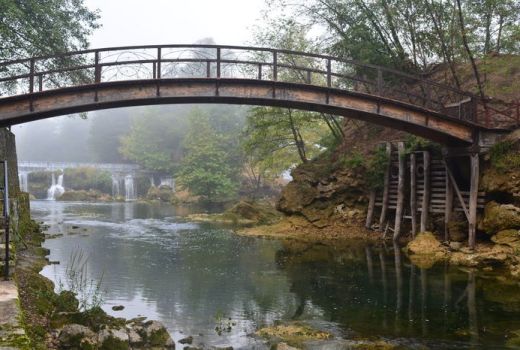“When I heard you telling General Dacius at the Villa of Livia about your plans to make him Augustus of Italy and the West. I rode by another way to the palace and warned the Empress. We decided to get Caesar Crispus drunk that night, so she could accuse him of trying to attack her.”
“And you forged the death warrants?”
“Empress Fausta thought of them ”
“When?”
“About a month ago one night in her quarters.” It was a slip of the tongue and the sudden stutter in Lupus’ voice betrayed his realization of it. “I I mean that I ”
The full meaning of the tutor’s words struck Constantine like a slap in the face and, unconsciously, he pushed the point of the dagger deeper into Lupus’ flesh. Only the breastbone kept it from penetrating the tutor’s heart, but the pain was enough to make him scream again.
“How long have you had free access to my wife’s quarters?” Constantine demanded.
“Sisince right after I became the children’s tutor, Dominus. She made me ”
But Constantine was no longer listening. ‘Tut him under guard until I can arrange his execution,” he ordered the guard as he turned to the door leading to Fausta’s quarters.
Only a ladyinwaiting was present in the Empress’ boudoir; at the sight of his face, and what was written there, she scurried out without waiting for an order. Fausta herself was not in the room, but the heavy miasma of scented steam coming from the adjoining bath told him where he would find her. Giving no warning, he pushed aside the hangings and stepped into the room, whose marbled walls and floor were wet and slippery from condensation of the hot vapor from the bath. Fausta, her body rosy from the heat, lay in the sunken tub, her head resting upon a pillow suspended across the tub by stout cords and her dark hair streaming out upon the surface of the water.









